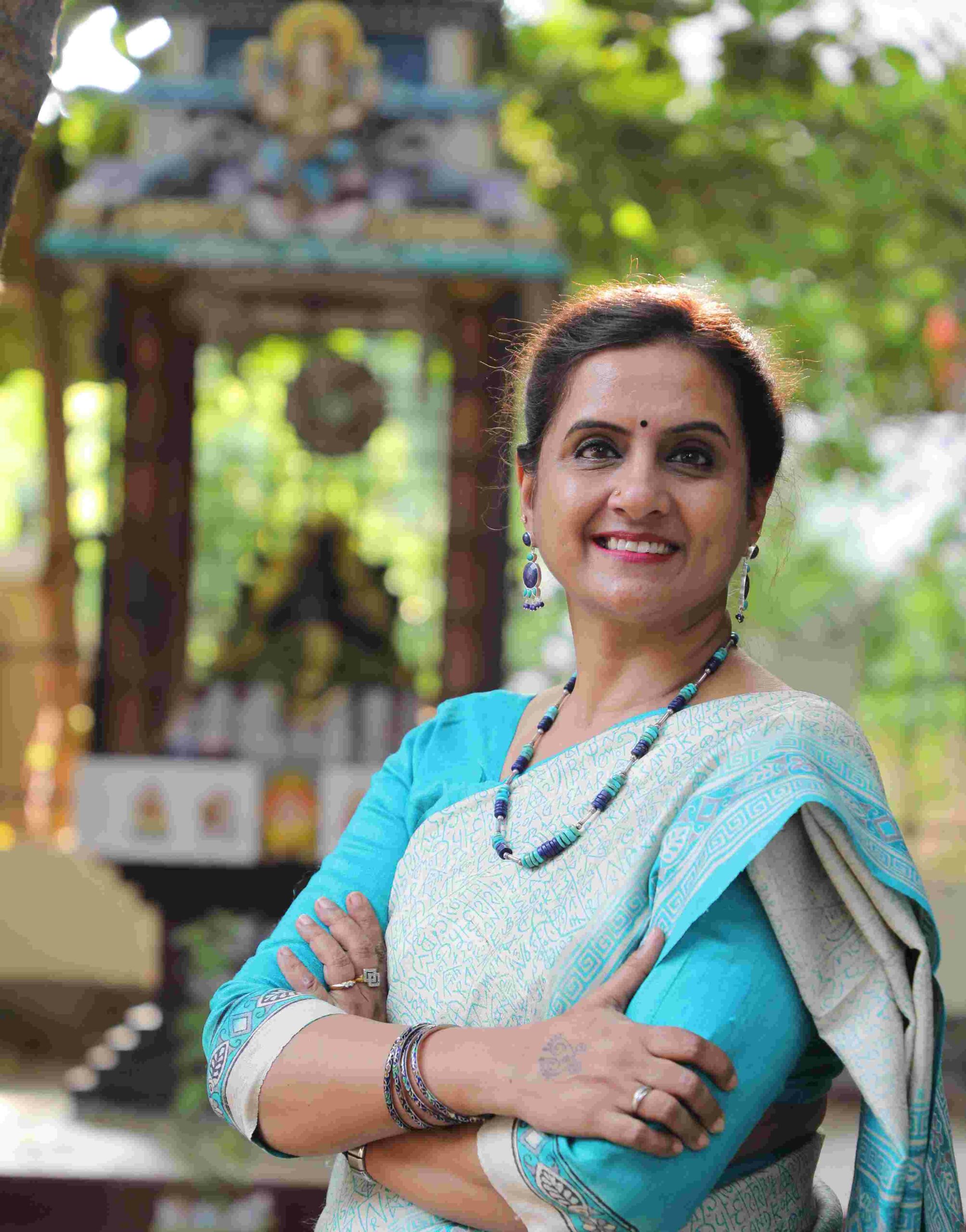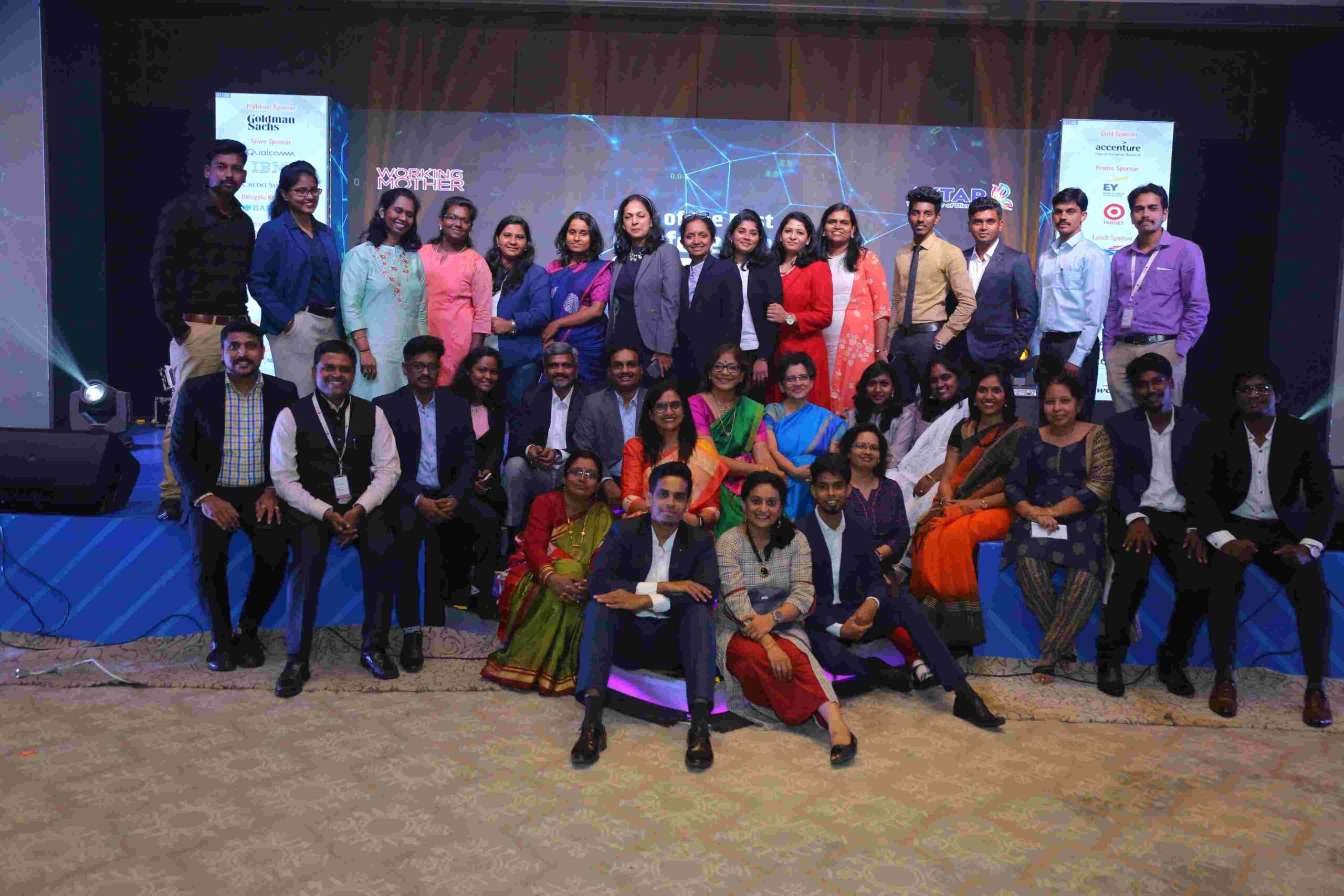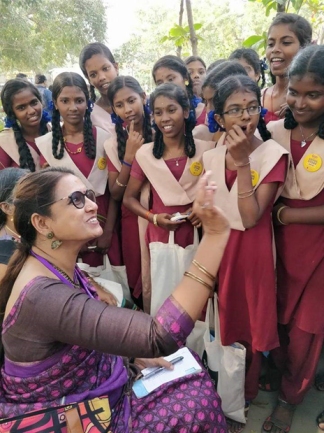Gayathri Tharanipathy, 33, didn’t anticipate that it would be five years before she could rejoin the workforce when she took a career break in 2016. A Javascript developer, Gayathri says her many attempts to get back to work were all in vain. Either her confidence was lacking during interviews, or there were not enough companies willing to hire women with a gap in their professional career.
“I was working with Tata Consultancy Services from 2010 to 2016 after which I went on maternity leave. The leave extended into a career break, but I began actively looking for jobs as soon as I could,” says the Chennai resident, adding, “I gave a few interviews when I realised my knowledge of technology was lacking. So, I enrolled myself for an internship with an e-commerce platform to get hands-on experience of working with new technologies but soon after that, the pandemic hit and my hopes of finding a job dwindled further.”
This may well be the story of millions of women trying to rejoin the workforce. In 2017, World Bank estimated nearly 20 million Indian women missing in action from the workforce during 2004-2012.
But it was at this low-point in Gayathri’s professional career when she found Avtar — a diversity and inclusion platform that helps women get a jumpstart on their second career paths.
Having experienced the difficulties of rejoining the workforce first-hand, Dr Saundarya Rajesh founded Avtar in 2000 and has since helped over 40,000 women find successful careers.
“Actually, once we crossed about 35,000, we stopped counting,” laughs Dr Saundarya as she narrates her story.

Uprooting the ‘deep-rooted mindset’ behind women rejoining the workforce
Born in Bengaluru to a pharmaceutical entrepreneur, Dr Saundarya grew up in Puducherry. “I learnt diversity for the very first time right there in my elementary school classroom where my classmates ate differently, spoke differently and were very different persons,” she says.
After her schooling, she completed her Bachelor of Arts course with honours in English Literature in 1988.
Speaking about the start of her own career, she says, “After I completed my undergrad, I applied for an MBA program at the University of Pondicherry. Citibank came to the campus during my final year, and my husband (then batchmate) and I both got placed at Citi.”
She adds, “A placement at Citi was a huge deal back then. The offer that I was made at that time was Rs 6000 per month, and the next highest offer [from a different company] was not even Rs 3000.”
To work for Citibank back in the early 90s, she says, was exciting. “The country’s first-ever email system, first-ever credit and debit cards, first-ever point-of-sale terminal – Citi was a hotbed of innovation. And I was a fast tracker, with two promotions in two years, in quick succession. But my third year turned out to be fateful, when post marriage and motherhood, I found it unsustainable to continue a full-time job. Flexibility, part-timing, work-from-home, etc. were not even words in the corporate vocabulary. With no option but to take a complete break, I quit,” says Dr Saundarya.
A couple of years after her break in mid-1995, she decided to seek opportunities to re-enter the workplace. “To my shock and disbelief, I found that organisations had deep-rooted mindsets about women coming back to a career after a break. I also realised that conscious inclusion of different kinds of people, with different orientations towards life, work, families, etc. which was a great booster of a positive culture, was starkly missing,” says the 52-year-old.
The miniscule number of women who did manage to find their way back to the daily grind was nothing to write home about. “Even if companies did hire second-career women, they were treated as second-class citizens. The empathy was lacking. And it was not because corporations at that time were filled with anti-diversity folk, it was simply because there was no awareness. Around this time, I began teaching at a local college. Out of a need to understand the system better, I began researching – on women’s careers and organisations’ connection with women,” she says.
This is what led to the start of Avtar on 3 December 2000. She “wanted it to be different” from the usual ‘avatar’, which means ‘reincarnation’.

A second shot at a career
“It was my husband who first mooted the idea that I become the solution to my own problem,” Dr Saundarya says, adding, “Mine was not such a capital-intensive enterprise. I needed money to rent a small office, some computers, and salaries for my team for a few months. The seed capital for which was given by my mother-in-law.”
Launching a platform to combat years of misogyny wasn’t easy.
“When we started India’s first career service for women – Avtar I-WIN, in 2005, we found that women were unclear about their role identity – they were educated yet were not encouraged to pursue a career. They were urged to be aspirational in their studies, but when it came to creating an independent identity of their own, the family stalled,” she says.
Conflicting demands, especially on younger women professionals, leads to huge workforce drop-offs.
She explains, “Even as we convinced organisations to relook at their hiring and create more welcoming workplaces, we also felt that the intentionality was missing in many women. We asked ourselves this hard question — do women really make the most of it when given opportunities? The answer lay in intentional career pathing. This is a technique that helps women manage both the half-circles of their life.”
And herein is how Avtar differs from the many job portals in the market.
“One representative from Avtar was regularly in touch with me. She encouraged me to give more interviews that I was suited for, and that is how I got an opportunity to join as a senior support engineer in the tech arm of an MNC in August 2020,” says Gayathri. The 33-year-old adds that Avtar coordinated with her for the entire process until her date of joining and even followed up with her months later to ensure she became a full-time employee.
“I have recommended Avtar to all my friends who are actively looking for jobs who tell me they are currently going through various training programmes,” says Gayathri.
“If you set an alert with regular job portals, your email will be filled with jobs that you are probably not suited for or interested in. But Avtar is different. Over the five months that I was on the Avtar platform, they didn’t send me many opportunities. They asked me what I was looking for and accordingly followed through with opportunities,” says Gayathri, adding she never thought it would be possible to get another job, especially with her baby and a four-year career gap.
In an all-new Avtar
“We began helping organisations in recruiting second career women in the early 2000s. A modest 480 women professionals seeking career returns were hired by some of the leading MNCs through our recruitment drives,” recalls Dr Saundarya, adding that kick-starting a career for the initial candidates was difficult. “We needed to not only educate the corporates – guide them on creating welcoming workplaces, provide sensitisation training to managers, enable the creation of more inclusive job descriptions, we also needed to mentor the women.”
She adds, “These are women who are no strangers to the workplace – they have worked, been in the corporate environment before and then for a variety of reasons, decide (or are forced to) drop off. They need a lot of support – their skills need to be honed, their confidence re-built, and a sense of community created. Over time, we have stopped making this just about finding jobs for women – it has become a full enablement package. Corporates work with us to not just provide jobs but also help the women get back on their feet – with a plethora of training options.”
In November 2020, the company launched MyAvtar — a job portal for marginalised society sections, including the LGBTQ+ community.
“It brings together organisations who are deeply invested in community building, but not just as a CSR item – and job-seeking people, whose job search is essentially different,” she says.
“A friend of mine recommended I try Avtar. I was looking for a job change, specifically something that was LGBTQ-friendly. I got in touch with a representative of Avtar and immediately started getting calls for different interviews. And after two-odd months of signing up for the platform I got a job,” says Sachin Pendharkar, who works as a software developer.
“People from Avtar are closely working with candidates. They follow up after every interview. It was different because I didn’t have to hide my identity. I knew it was a safe place to work, and no one would question me about my sexual preference. Here, you also know that the company recruiting you is inclusive,” adds the 27-year-old, who is based out of Pune.
Driving change at the grassroots
The Avtar team is also reaching out to young underprivileged girls for the mentoring program Puthri, which was started in 2016. “This is to create career intentionality in them. Today, we have 62 live projects across as many schools, where we work with over 6,500 girl children from deeply underprivileged families in the age group of 13 to 18,” says Dr Saundarya, adding, “A Puthri scholar is selected by her school and enters the program when she is in her Class 8. She is mentored by us for five years and exits the program after completing her Class 12 and getting into a grad course.”
It is no wonder that in 2016 the Government of India recognised Dr Saundarya’s efforts, in the area of women’s workforce participation, as one among the #100 Women Achievers.

“Each of us 100 women received the award from Smt. Maneka Gandhi, Minister for Women and Child Development in Jan 2016,” she says with a glimmer of pride.
From helping a little over 400 women back in the early 2000s to more than 40,000 finding jobs today, it took one woman to change the narrative who continues to lobby for women and the marginalised to get a fair shot of standing shoulder-to-shoulder with their male counterparts.
(Edited by Vinayak Hegde)
No comments:
Post a Comment